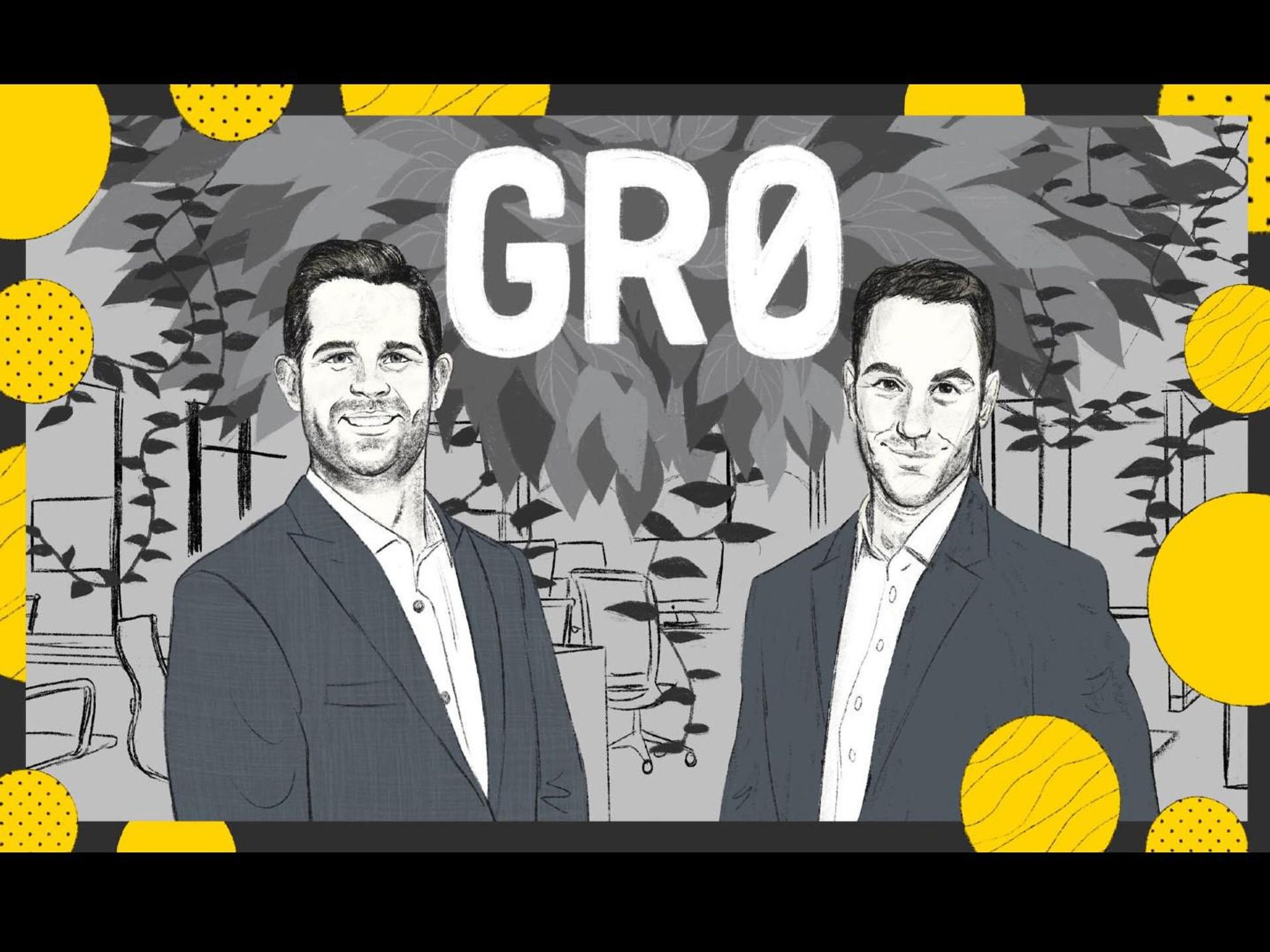
GR0-Up: Founders on Humanizing Startup Culture in Tech
It’s one thing to say that a company shares abstract values like “openness” or “transparency,” with the goal of fostering a safe environment that encourages creativity and collaboration. It’s intuitive that people who feel confident in sharing their thoughts and ideas with one another will prove more adept at problem-solving and devising innovative plans and solutions. But creating this kind of workplace isn’t as simple as tossing around buzzwords or sending out an email encouraging people to communicate more.
Many strategies can help leaders to foster greater workplace transparency and open communication, from having well-defined roles within the organizations to avoiding micromanaging, but one theme that comes up repeatedly when researching techniques and best practices is honesty. Clear, straight-forward communication goes a long way, but some founders have discovered that truly peeling back the curtain – and sharing with their employees not just their plans and goals but who they are as people – can potentially produce even more fruitful results.
Kevin Miller and Jonathan Zacharias, co-founders of the Los Angeles-based digital marketing agency GR0, opted to share an aspect of their personal lives with employees that many others in the business world might have been tempted to keep to themselves: their journey to sobriety.
“We decided to open up to our staff about our sobriety because we felt it had become a fundamental part of who we had become as people, not just business leaders,” Miller explained. “We felt that if we could be vulnerable ourselves and explain our triumphs over a hardship in life, that it would make our employees feel comfortable coming to us in their time of need, if and when it arrives… It is a core foundation of our culture of openness, honesty, and being direct."
Miller and Zacharias did share some initial concerns about how much sharing was appropriate in a company-wide context, but ultimately felt like – with all the modern and progressive changes coming to workplaces – the net benefit to the staff outweighed any disadvantages.
The pair discovered that their fears had been unfounded, as their staff rallied around them following their decision.
“The staff was surprised at the level of vulnerability we showed but was extremely supportive and many people did reach out and continue to reach out to express their support,” Miller said. “We even have some employees who are also sober from drugs and alcohol and we hope they get inspiration from us just as we get inspiration from them.”
Over time, Miller and Zacharias’ choice to bring employees into their personal lives has had residual benefits for the company and their office culture.
“The biggest benefit to having these discussions with our colleagues is that it opened the door for candid, honest and vulnerable conversations amongst employees and their managers,” Miller explained. “The result is that we have a window into the personal lives of our employees that I feel most employers do not because we have made these discussions in the workplace safe, supported and welcomed. We have financial resources, tools and programs at our disposal that can aid employees in virtually anything they are going through on a personal or professional level. We take pride in doing this.”
GR0 has also explored parallel policies beyond simply interpersonal sharing, as part of an overall effort to create a more positive and communicative environment. Miller highlighted the company’s Diversity, Equity, and Inclusion (DEI) committee, for which employees can volunteer and raise their own ideas for increasing visibility at GR0, as well as their open and flexible Paid Time Off policy, encouraging employees to pursue self-care and maintain a sustainable work-life balance.
While every company and founder is different, and not every approach is going to be ideal or one-size-fits-all for every tech organization, the lessons learned by GR0 and its founders have wide-ranging applications. Thinking about ways to put staffers at ease, to make them feel accepted and listened to, even when they're going through personal upheavals or crises unrelated to work, not only benefits them as individuals, but fosters a more effective and even productive corporate culture.



 Image Source: Northwood Space
Image Source: Northwood Space
 Image Source: Skyryse
Image Source: Skyryse